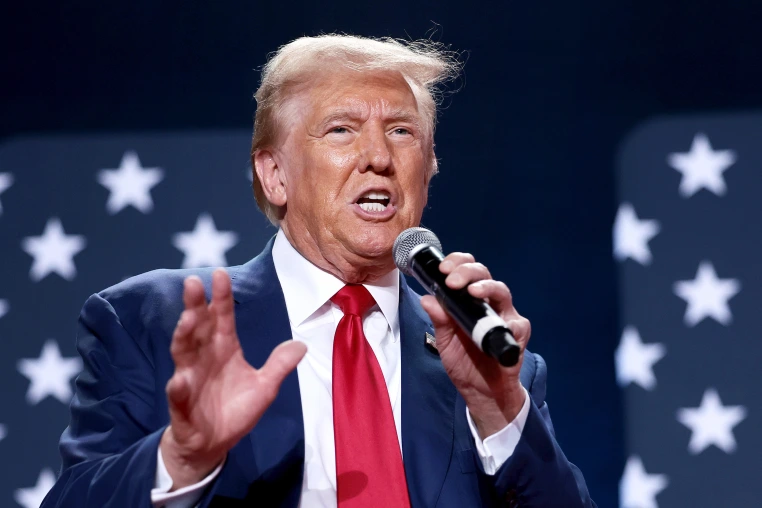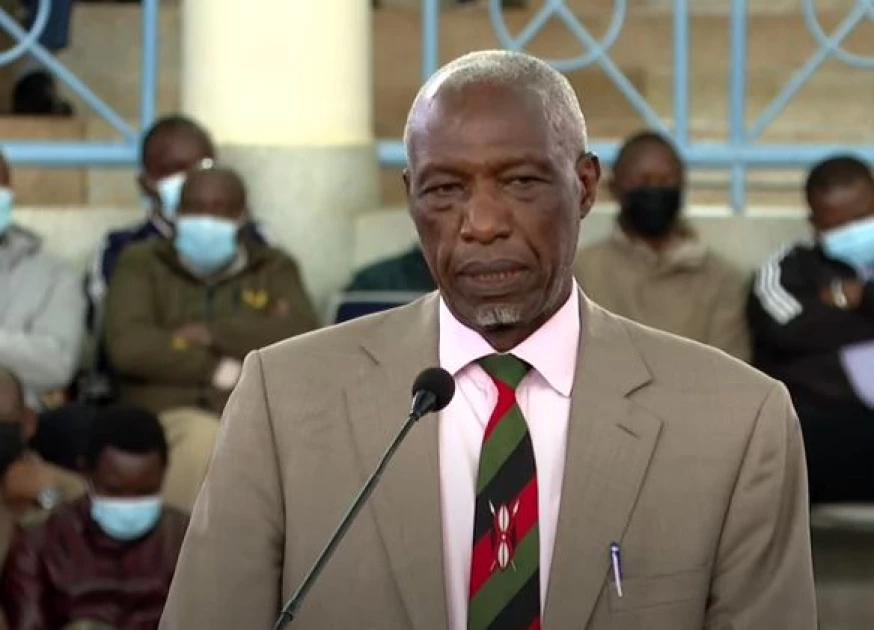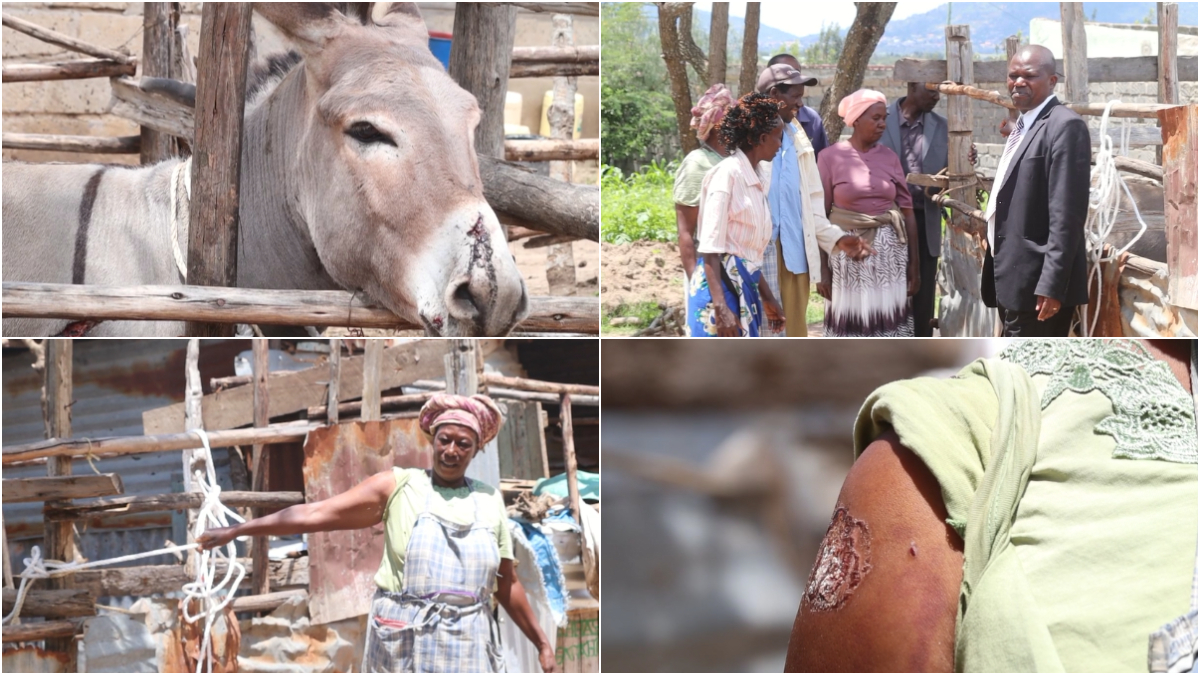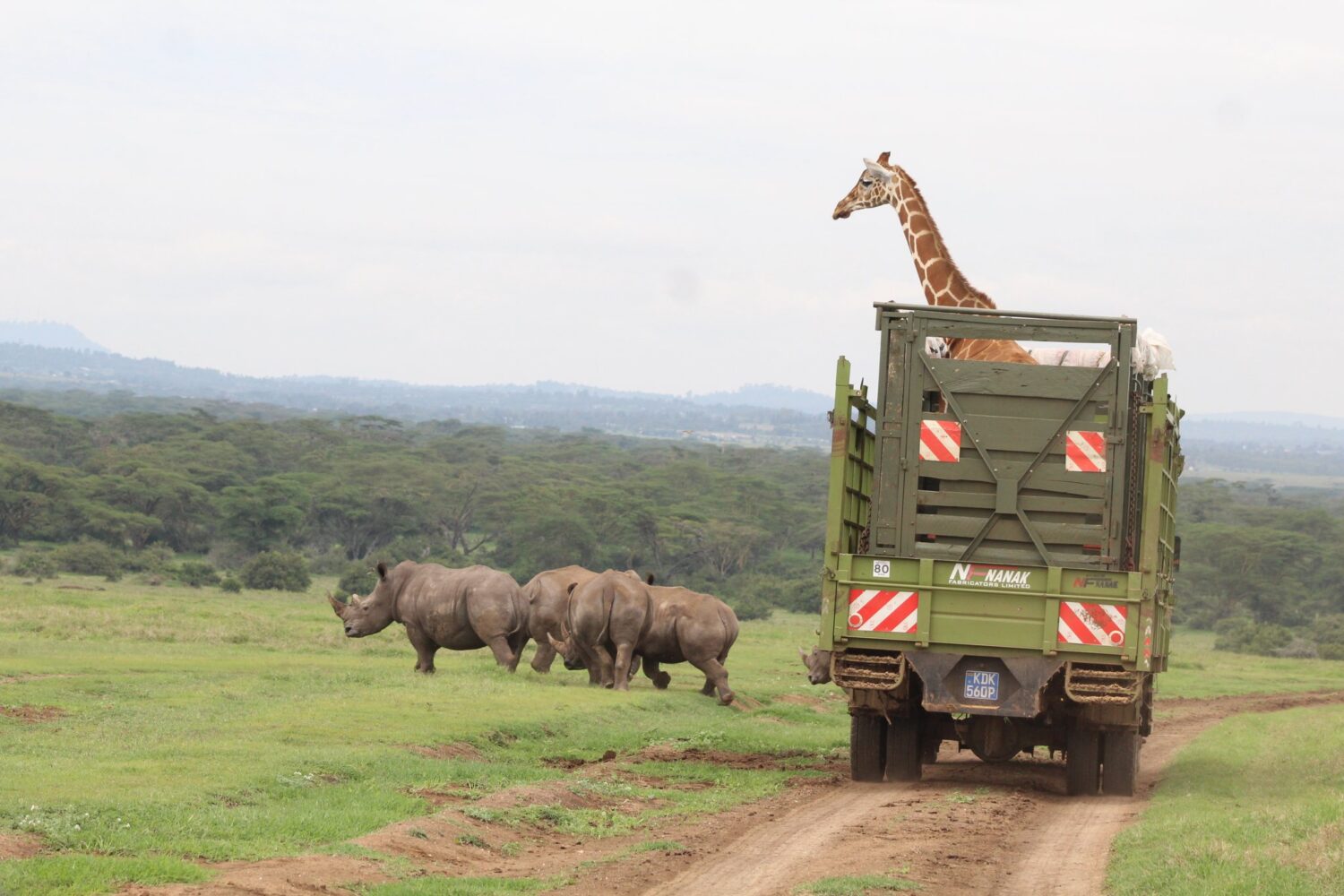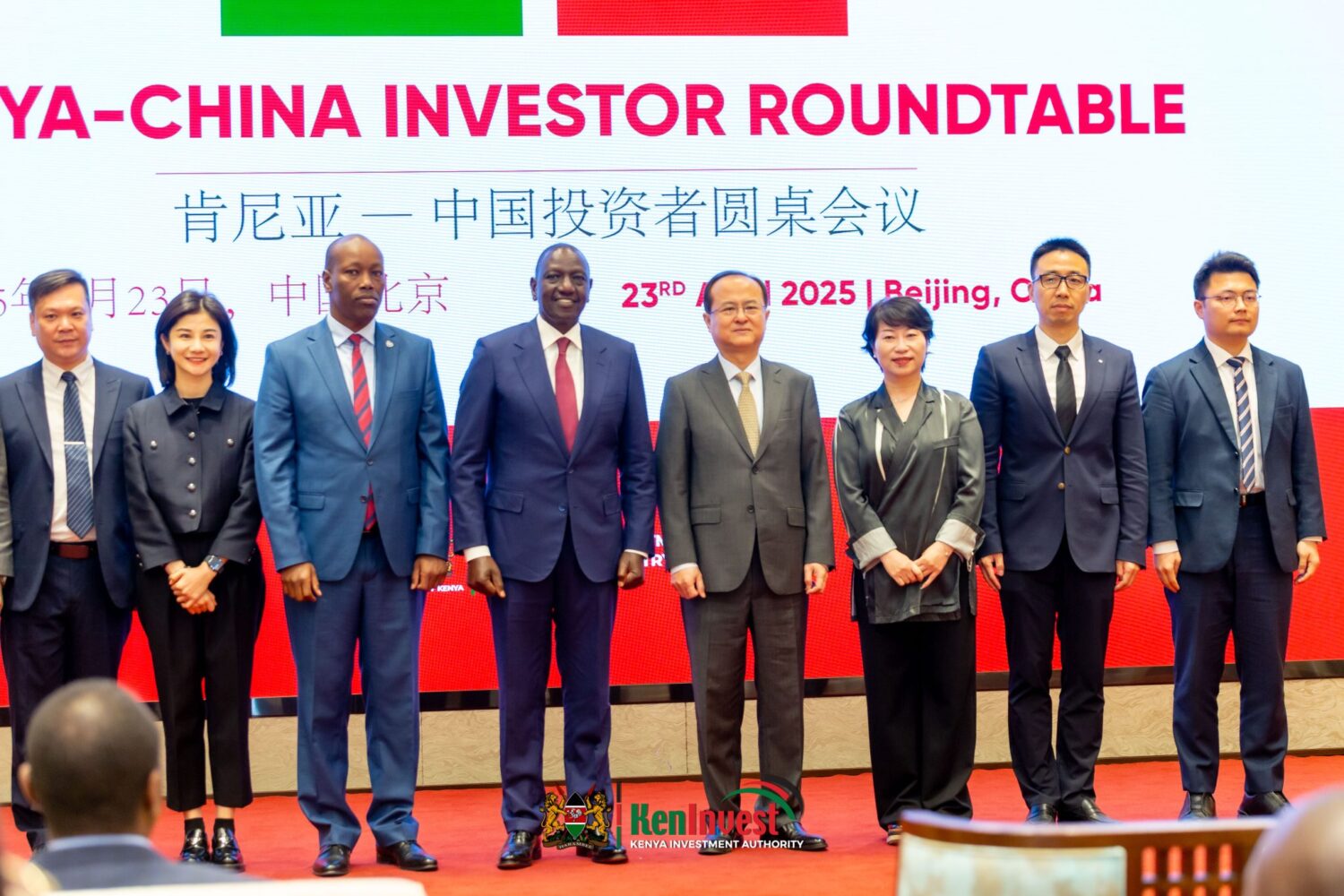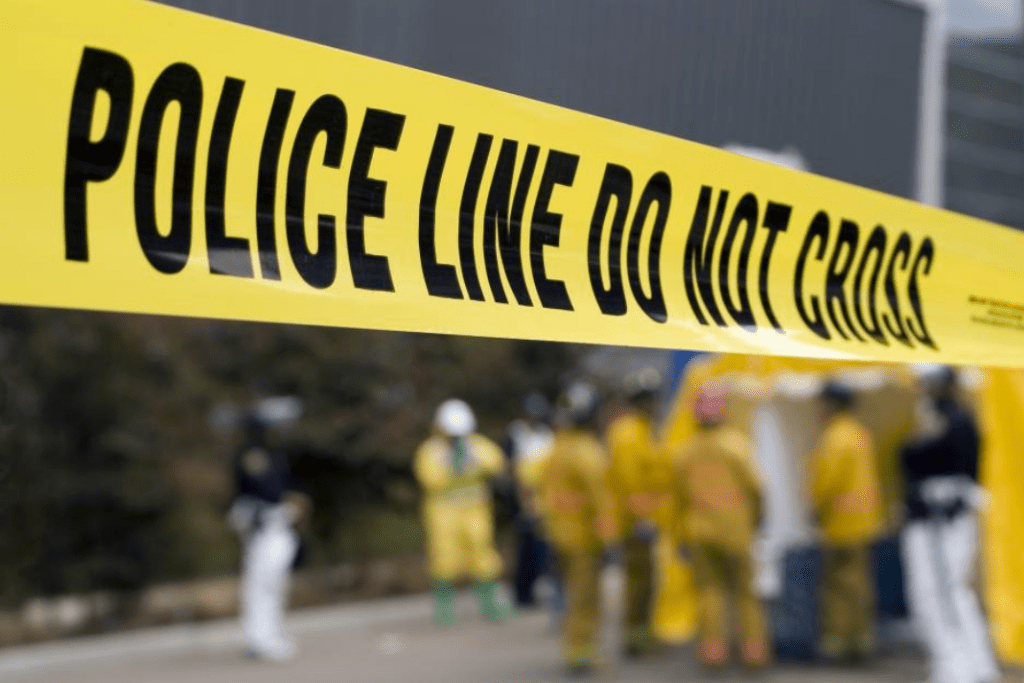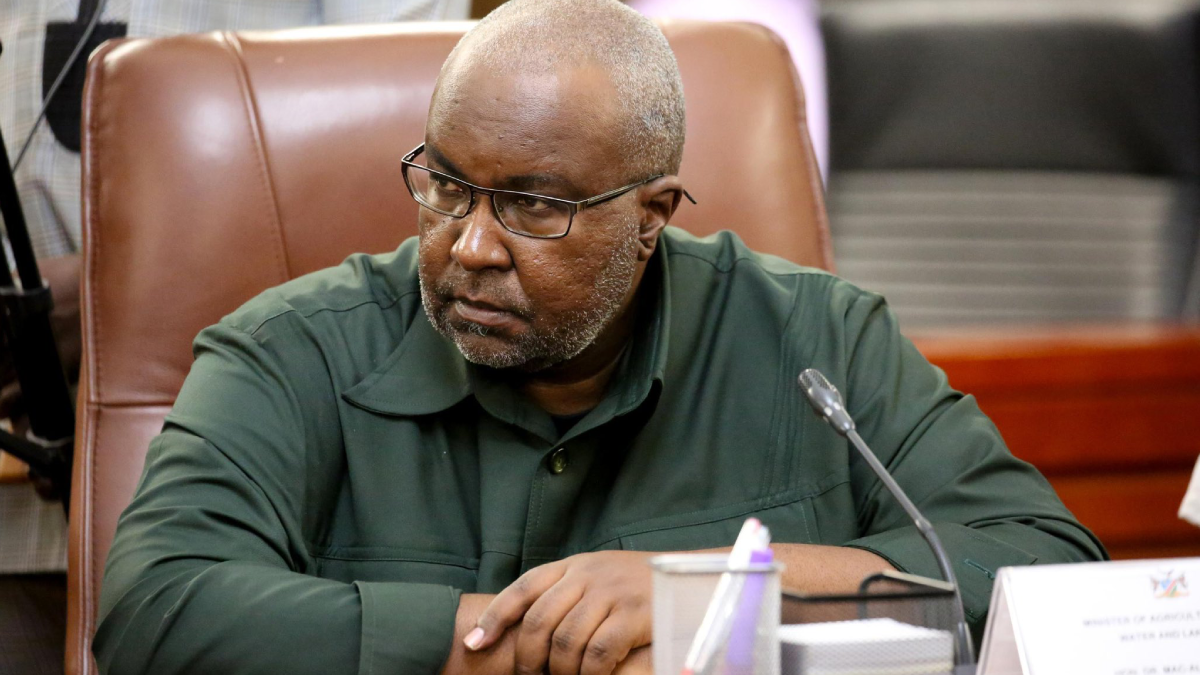Kenya has been listed among countries with inadequate intellectual property (IP) enforcement, facilitating the influx of counterfeit goods, according to the 2025 Special 301 Report released by the Office of the United States Trade Representative (USTR) on April 29.
The report highlights Kenya’s weak IP enforcement mechanisms, allowing counterfeit products—including pharmaceuticals, automotive parts and consumer goods—to permeate its markets.
The USTR report notes that many counterfeit goods in Kenya originate from Asian countries such as China, India and Vietnam. These products often enter Kenya directly or through transit hubs, subsequently reaching other markets like Brazil, Mexico, Nigeria and Russia.
Particularly concerning is the proliferation of counterfeit pharmaceuticals. The report identifies India, China (including Hong Kong), the United Arab Emirates and Singapore as top sources of counterfeit medicines seized at U.S. borders in Fiscal Year 2024. Kenya, along with India and Nigeria, is also cited for having flawed Collective Management Organizations (CMOs), which are responsible for managing copyrights for multiple entities.
The economic impact of counterfeit goods in Kenya is substantial. The Anti-Counterfeit Authority (ACA) estimates that the illicit trade has surpassed KSh1 trillion, severely affecting local manufacturers and the economy. The Kenya Association of Manufacturers reports that genuine manufacturers have lost up to 40% of their market share to counterfeiters.
In response to the growing threat, Kenyan authorities have intensified efforts to combat counterfeit goods. The ACA and the Pharmacy and Poisons Board (PPB) signed a Memorandum of Understanding in January 2024 to strengthen the regulation and enforcement against counterfeit medicines. The agreement includes information sharing, joint investigations, capacity building and regular communication between the agencies.
Dr. Robi Njoroge Mbugua, Executive Director of the ACA, emphasized the health risks posed by counterfeit medicines, stating, “Trade in counterfeit products, including medicines, is strictly prohibited. Not only do they impact genuine products, but they also pose great health and safety risks”.
Despite these initiatives, challenges persist. The USTR report underscores the need for Kenya to enhance its IP enforcement mechanisms and address the systemic issues that allow counterfeit goods to thrive. As the country grapples with the economic and health implications of counterfeit products, the collaboration between government agencies and international partners remains crucial in safeguarding public health and the economy.


